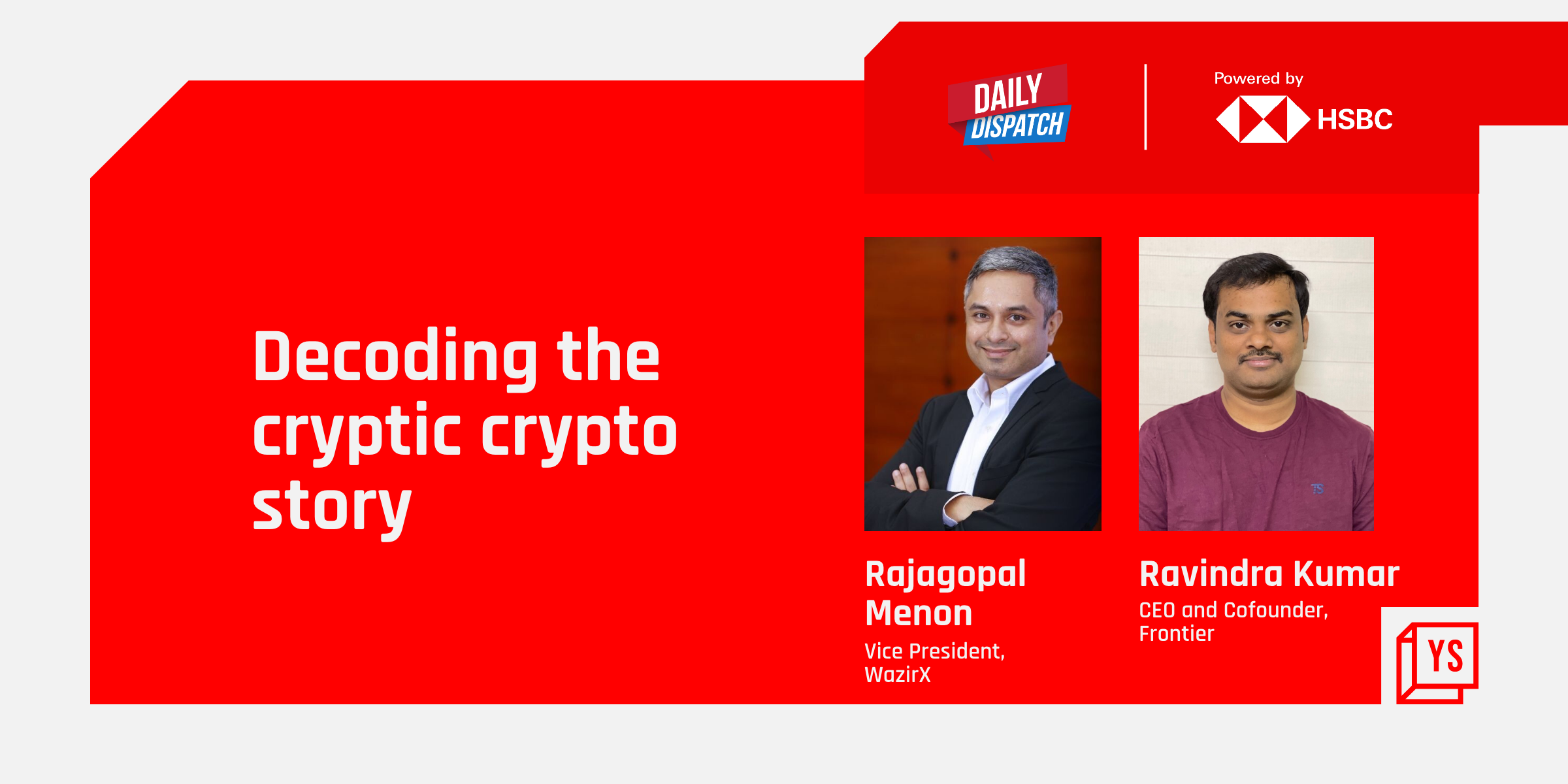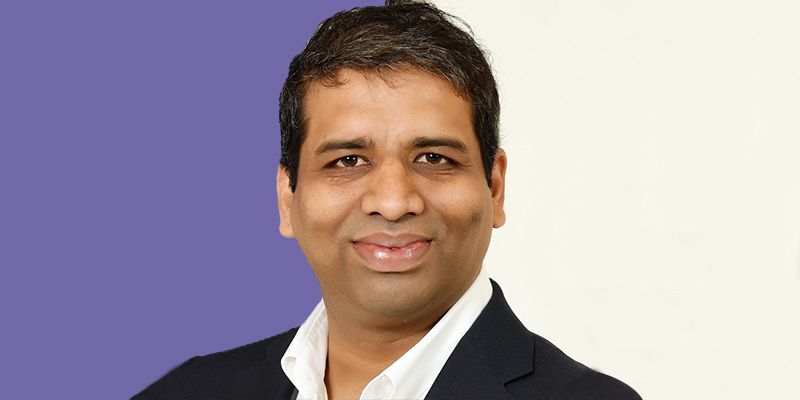The rise of Y Combinator’s investments in Indian startups and what it means for the ecosystem
In 2014, Y Combinator bet on Clear and Noora Health then based in Bengaluru. Seven years later, the Silicon Valley-based accelerator programme invested across 69 firms. With its recent change in the investment plan, Y Combinator is ramping up its India playbook.
Silicon Valley-based accelerator programme Y Combinator kept its India playbook short for several years.
Its first-ever summer 2005 cohort consisted of about 10 startups, including social media platform Reddit. It was only in the summer cohort of 2012 that a Bengaluru-based firm MarkupWand, which is inactive at the moment, made it to the hallowed programme.
Cut to 2021, Y Combinator (YC) selected about 69 startups, based in India, across its summer and winter cohorts, up from 38 firms in 2020, and only 17 in 2019. In 2014, only about half-a-dozen startups were able to get into the programme.
The accelerator began the new year with a new offer for startups. It now gives $500,000 for startups in its cohorts. The standard $125,000 is given for seven percent equity while the remaining $375,000 comes with an uncapped MFN (Most Favored Nation) clause.
“Simply put, we’re giving the company money now but at the terms you will negotiate with other investors later,” says the accelerator.
The founder of a fintech startup that was part of Y Combinator’s winter 2022 cohort, told YourStory they got an option– to either take the $125,000 in exchange for seven percent equity or to take the entire $500,000, where the previous deal applies with $375,000 at MFN– as the programme was announced mid-way through the cohort.
Y Combinator's summer and winter cohort in 2020
To be sure, Y Combinator does not give an option to startups going further, said the accelerator in an answer to a query sent by YourStory.
Many founders, who get into the accelerator programme, will opt to take the deal, according to industry experts. This is because startups in several sectors, such as quick commerce and fintech, need a good amount of capital in the beginning to capture the market.
“We took the entire $500,000 because we operate in a sector where we would need a lot of cash to reach a sizable market,” says the founder mentioned earlier, who requested anonymity.
But while the deal seems like more cash in hand at the beginning, it could be tricky if founders are not able to raise capital on good terms in the next round.
With the $500,000 deal from Y Combinator, if a founder is not able to get the next round at a bigger valuation than let’s say $2-3 million (the standard valuation a startup gets on YC demo day), then there will be further stake dilution and not many angel investors, who are iffy about valuations, would want to touch these companies.
Y Combinator's summer and winter cohort in 2021
The model benefits Y Combinator because the MFN clause means that the accelerator will get to invest $375,000 at the same terms, in the next round, as the investor who has the best terms.
“So, in the past, many YC companies would raise a small amount of money from angels at better terms pre-Demo Day than post-Demo Day,” Elizabeth Yin, a general partner at Hustle Fund VC, had tweeted earlier this year.
It essentially means that if a startup raises $100,000-$200,000 at around $6-$8 million valuation before Y Combinator’s demo day from micro funds and angels, would come at a 3 percent dilution, or less, according to Elizabeth.
“Now if you brought in say an angel for $10k at $6m post-money valuation, YC would also invest $375k at $6m post. So instead of 0.1% dilution, you'd now take an additional 6% dilution!” she added.
But even after knowing these equity dilutions, founders seem to be taking an interest in the programme.
Y Combinator factor
After the US, India is the second-largest investment market for Y Combinator, with 200 startups in its portfolio. In India, Y Combinator has backed several unicorns including fintech SaaS (software-as-a-service) Clear, commerce platform , stockbroking startup , and fintech platform .
“The next decade for India is monumental. By 2030, India will be one of the most important economies in the world and the founders of today will play a huge role in accelerating this change,” Anu Hariharan, Managing Director, YC Continuity, told YourStory in an email interaction.
For many startups in India, as around the world, a Y Combinator tag helps generate confidence in their idea, which is why even with about 1.5-2 percent acceptance rate, many founders aspire to be in the programme.
Easy access to past and current founders, and being able to reach out to a slew of American investors are some of the perks offered by the programme. Once a startup gets a YC tag, it could get investments from the likes of Y Combinator Continuity Fund, Soma Capital, Sequoia, Elevation Capital, DST Global, and Meta (earlier known as Facebook).
The Continuity Fund invests in YC alumni, generally in Series B or later rounds. The investment could range between $20–100 million in size.
“Once you get into YC, you have access to such a wide network of world class founders and investors. Everyone becomes so approachable and helpful,” says Roshan Farhan, co-founder of , a community shopping app, which was in YC’s summer 2021 cohort.

Credit: YourStory Design
Srivatsan Chari, Co-founder of Clear who was part of YC’s 2014-15 cohort, also has a similar opinion. Formerly known as , Srivatsan’s firm was one of the initial success stories coming out of YC in India.
“What was really interesting for us in the programme is the opportunity to meet the other peer group of founders and interacting with them just takes us to the next level,” says Srivatsan.
While building Clear, he was also able to meet with founders who were into nuclear energy, biotech, blockchain, and bitcoin. A few interactions with the founders of consumer retail startups gave them strong insights about marketing or with an analytics company provided a better understanding on the use of Google analytics.
GoBillion’s Roshan also says that before becoming a part of Y Combinator, he was finding it difficult to raise funds. “But once we had the YC tag, it provided us significant validation in the global investor community and helped with early fund raising,” says Roshan.
Also, in the beginning founders usually only have equity to exchange for funds, which could be expensive. But close to half a dozen founders, YourStory spoke with, wouldn’t mind giving up the equity standard 7 percent to Y Combinator on being selected in the cohort.
“Giving up equity early on is a tough call but outsized outcomes could be achieved in a shorter time frame. YC has deep insights from category defining companies in their portfolio including , Stripe and Airbnb. At times the partners there could identify the best parts of our business better than us,” says Nishant Jhaveri, co-founder of , which was part of YC’s summer 2021 cohort.
The firm also went on to raise $1.6 million from Y Combinator, with participation from Soma Capital, in December 2021.
At least three domestic early-stage investors, YourStory spoke with, welcomed the change in Y Combinator accelerator’s investment plan. But Silicon Valley venture capitalists did not necessarily share similar sentiments due to YC’s competitive business practices.
An early-stage investor in India is even pursuing their startup to take a deal from Y Combinator. The investor wished to remain anonymous as the conversation around the deal is still in process.
“Why wouldn’t we want our startups to be in the YC ecosystem? They offer probably the best network of investors and founders for companies,” says the investor.
Money money
The unprecedented unicorn rush in the Indian startup ecosystem, which currently mints at least two unicorns a week, and ’s blockbuster IPO, has a clear exit route to many investors. This also brought in more startups, with many investors chasing them.
And, it isn’t the growth-stage companies that are seeing this gold rush. Investments in early-stage startups have also seen a dramatic shift since 2020.
Many major cities–including Mumbai and Chennai– have had angel networks and so did colleges including many branches of the Indian Institute of Technology (IITs). And many venture capital firms would back young startups.
Since 2020 more limited partners (LPs) and family offices have started considering investing in startups. It is being considered as an asset class, which could give much higher returns compared to even the public markets.
Capital is easily available even at the idea stage, something that startup founders could only dream about 4-5 years ago. Raising a pre-seed and series A round used to be a challenge for many. But now, with programmes including Accel’s Atoms, which gives $250,000 for non-dilutive equity, the early-stage investment ecosystem has been getting competitive.
(With inputs from Thimmaya Poojary & Sindhu Kashyap)
Edited by Affirunisa Kankudti













![[TechSparks 2020] Experts discuss key trends in edtech sector amid pandemic](https://images.yourstory.com/cs/2/b87effd06a6611e9ad333f8a4777438f/ElkodCU0AAaCYx-1604078237356.jpg)
